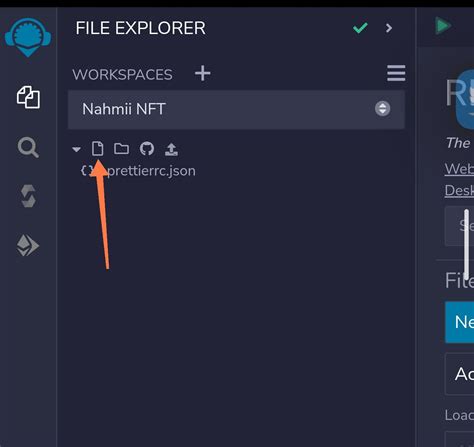Ethereum: Understanding stimulation of nodes operators in bitcoin
Ethereum blockchain is built on top of the background of the bitcoins, and many node operators rely on Bitcoin as their primary menu to stimulate their nodes. But are these individuals truly motivated to start nodes, or is it a more complicated problem? This article is immersed in the economy behind the transactional fees for bitcoins and examines whether node operators can actually benefit from the nodes operated.
background

Ethereum is an open -source blockchain platform that allows developers to create decentralized applications (DAPPS) on it. In 2015, Vitalik Buterin created Ethereum as a cryptocurrency of evidence (Pow), but later in 2016 he went to a consensual algorithm of evidence (POS). This shift was powered by the desire to improve scalability and reduce energy energy consumption.
Bitcoin Transactions Fee
In order to run the nodes in Bitcoine, validators must be motivated to participate in the network through transaction fees. These fees are paid to individuals who solve complex mathematical problems or “mining” new bitcoins. The more transactions occurs in the network, the higher the transaction fee.
Since 2022, the average transaction fee for bitcoin has been around 1 to 5 cents (0.01-0.05 USD). However, it should be noted that this fee is a one -time payment for the block and the validators can receive additional fees from the transactions in the following blocks.
are node operators stimulated?
While node operators are truly motivated to run the nodes in Bitcoine, the question remains whether they really benefit financially. The answer lies in understanding how transaction fees work and whether rewards coincide with their interests.
In the case of Ethereum, each block pays a fee that validators must benefit (1 BTC to 10^18 SHA-256 Hashs). However, this fee is not directly transferred to the node operators; Instead, it is used to pay the computing sources needed to solve complex mathematical problems. In other words, node operators are motivated by fees for bitcoin transaction, but rewards come from solving these problems.
Node operators as validators
To start the ethereum node or any other blockchain, the individual must participate in the validation process (also known as mining). This includes solving complex mathematical problems to verify transactions and create new blocks. Although this work is often done independently of transaction fees, it is still a significant amount of computing force that requires considerable resources.
Theoretically, if the node operators could earn BTC directly from transaction fees, they can be motivated to trigger more nodes. However, the relationship between transaction fees and remuneration distribution is complicated. Bitcoins’ transaction fees are designed to encourage miners to effectively solve problems, but do not necessarily provide direct rewards to the node operators.
Other factors at the game
Several factors contribute to the stimuli of nodes operators:
- Energy consumption : Operating nodes require considerable energy sources. The higher the cost of energy, the more you will become stimulated.
- Hardware cost : Node operators need power hardware to efficiently perform calculations.
- Network decentralization
: When ethereum becomes a more decentralized network, the number of validators increases, which receives a reward for the operator of the nodes.
Conclusion
The conclusion is that while node operators are truly motivated to trigger nodes in Bitcoine, the relationship between transaction fees and remuneration distribution is complicated. The fees are designed to encourage miners to effectively solve problems, but do not necessarily provide direct remuneration to the node operators.
Deixe um comentário